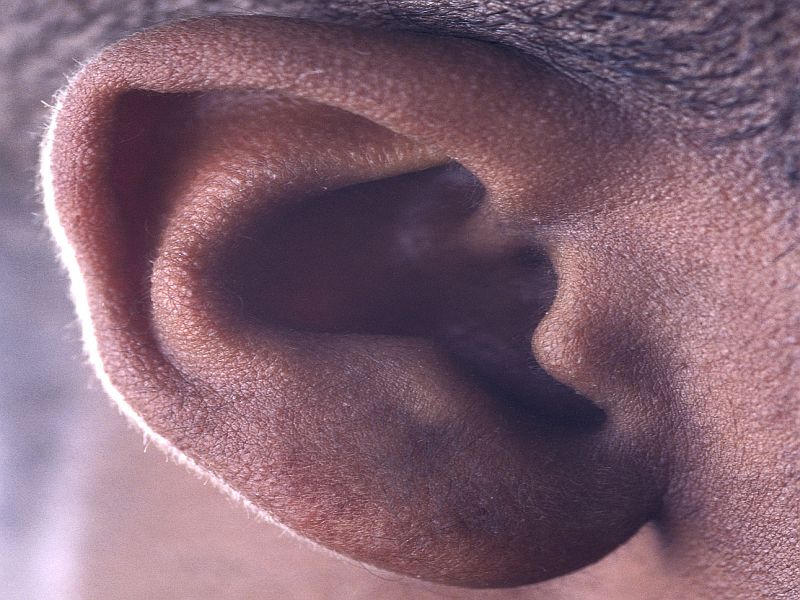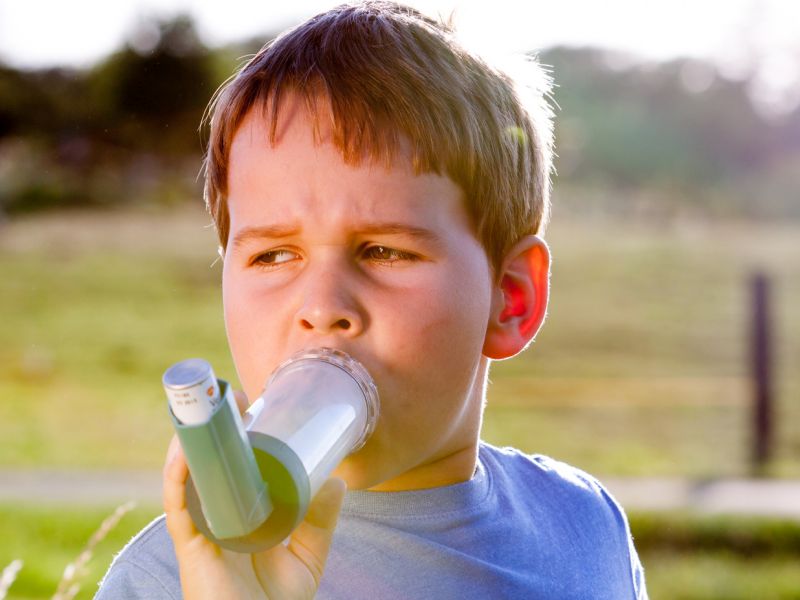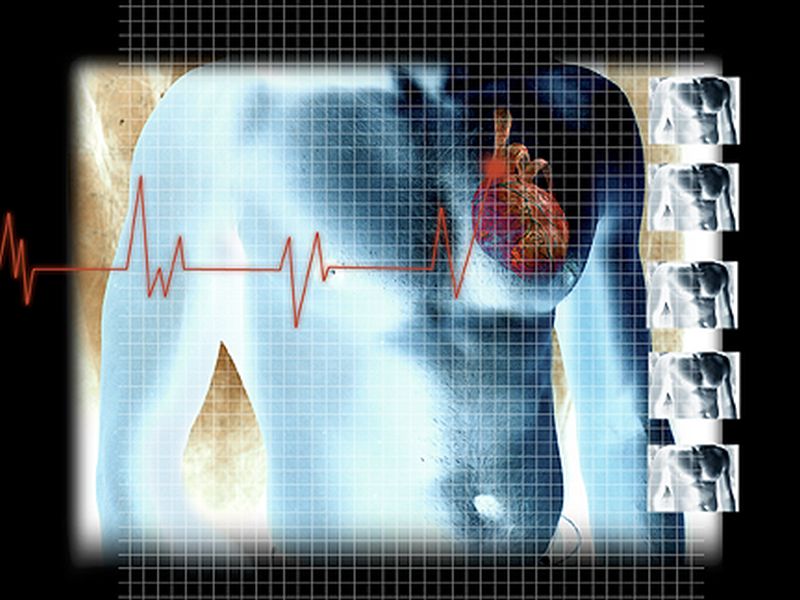
A small electric “tickle” to the ear may affect the body’s nervous system, and British researchers claim this can promote overall well-being and may potentially slow down some effects of aging. The tickle treatment is called transcutaneous vagus nerve stimulation (tVNS). The procedure involves placing custom-made clips containing electrodes on the part of your ear… read on >




























